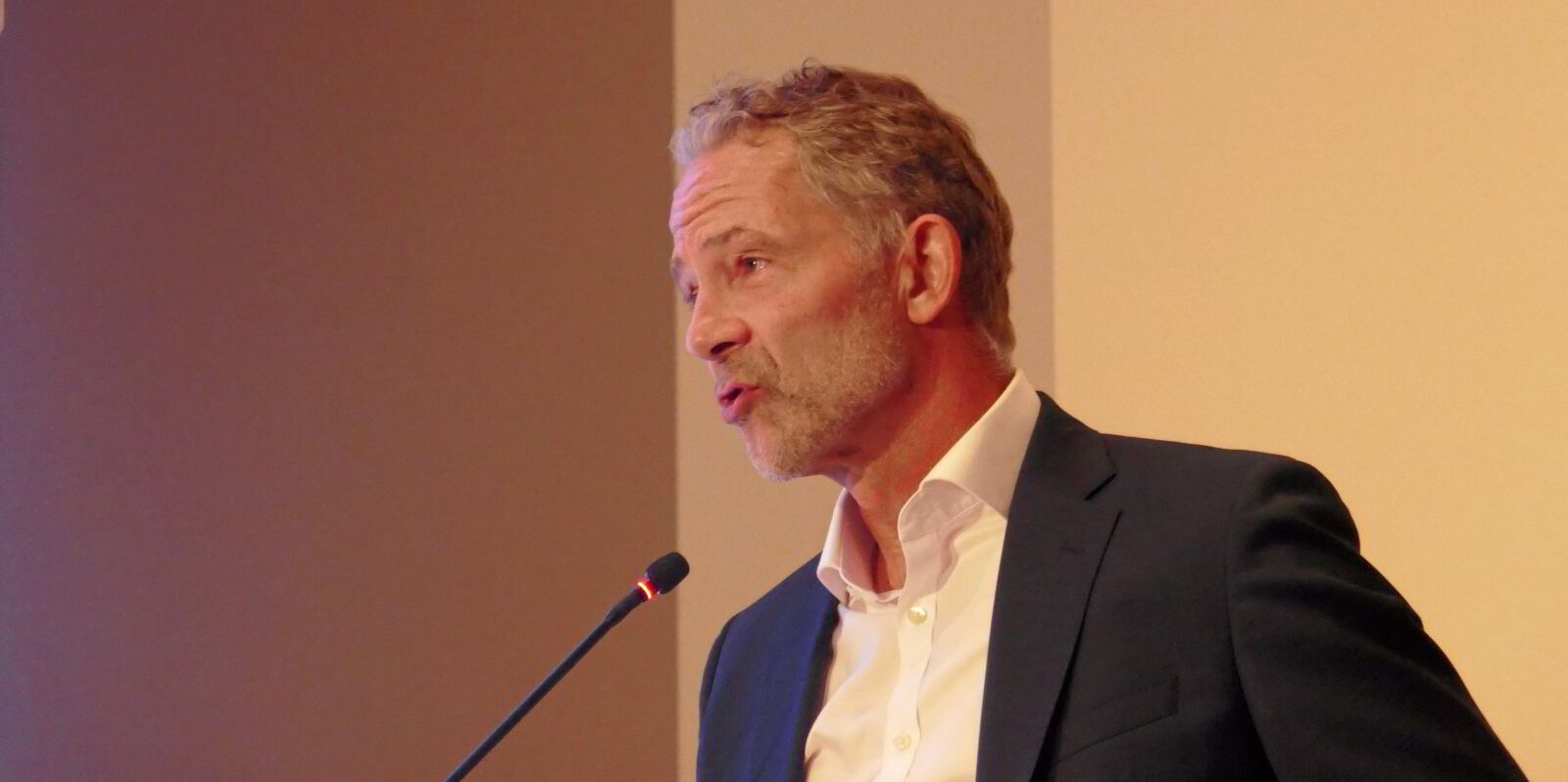Reported cases of sexual harassment and other non-financial misconduct more than trebled across Lloyd’s and the London insurance marketplace in three years, as the industry returned to work from the pandemic, according to regulators.
Cases increased from 131 in 2021 to 485 last year among companies tied to the Lloyd’s insurance market, its intermediaries and other London insurance players, the UK’s Financial Conduct Authority said.
That survey group, covering nearly 550 companies and 90,000 employees linked to the London insurance market, is broader than the marine insurance sector but includes protection and indemnity clubs and managing general agents, according to the FCA.
Discrimination, bullying and sexual harassment were the most common of the identified complaints, with nearly 150 cases of sexual harassment across the three years.
The survey was based on responses from 984 companies across the financial sector and included wholesale banks and brokers.
The banks reported the highest number and highest rate per 1,000 employees, of non-financial misconduct — 1,776 cases in 2023 alone. But the survey said higher reporting may be an indication of a “healthy speak-up culture” within firms.
The report also found that London market insurers were the only group in which five or more large firms had reported no incidents over the three years.
“Nil or a low number of incidents does not necessarily suggest a positive or improving environment,” it said.
The report said the numbers may have been influenced by the pandemic, with high rates of working from home during the early period of the survey.
The FCA expects firms to use the data to “reflect on whether their own processes, procedures and controls provide both robust detection and appropriate outcomes”.
The survey showed that 53% of cases involving London market insurers resulted in disciplinary or other measures, ranging from dismissal to training. That figure rose to 63% among market intermediaries, such as managing general agents.
Sarah Pritchard, FCA executive director of markets and international, said: “Healthy workplace cultures are essential across all the markets we regulate — where non-financial misconduct is allowed to persist, it can undermine trust and confidence, and create a culture where wrongdoing goes unchallenged, causing harm.”
The report was published as Lloyd’s seeks to address problems exposed in 2022 when underwriter Atrium was ordered to pay more than £1.5m ($1.94m) after a disciplinary ruling that revealed a systematic campaign of bullying against a junior member of staff.
Boys’ nights out
A Lloyd’s market bulletin about the case included details of an annual “Boys’ Night Out” that involved senior executives joining heavy drinking sessions, initiation games and sexualised comments about female staff members.

The scandal led to the departure from the company of senior marine underwriter Richard Tomlin. He was cleared of all disciplinary charges on appeal last year.
Lloyd’s of London announced a crackdown on drinking in 2019 and launched a consultation in September to overhaul processes to deal with poor conduct and behaviour in the marketplace. The deadline for responses is in December.
The consultation paper says: “Lloyd’s will not tolerate any managing agent or syndicate that is classified as ‘underperforming’ due to poor culture or behavioural issues.
“Lloyd’s will therefore use its powers under this framework to drive early remediation, failing which Lloyd’s will consider taking action to remove that firm’s permission to operate within the Lloyd’s market.”
The FCA survey revealed that more than one-third of London market insurers did not have formal structures in place to decide on misconduct cases. It also found that 44% of company boards did not receive information about such misconduct cases, compared with 9% of banks.
Sheila Cameron, CEO of the Lloyd’s Market Association, said the group would examine the findings of the survey, but said it had charted improvements since it began gathering its own data in 2020.
The latest studies reported that 80% of employees said there was a “positive leadership focus” on culture in their organisations.
“We have also seen the volume of people observing poor behaviour in the Lloyd’s market drop by over 10% in the last year alone — a huge marker of how fast cultural change is progressing,” Cameron said.
Lloyd’s chief executive John Neal said progress had been made but “now is the time to double down on our commitment and efforts to get to where we need to be”.





